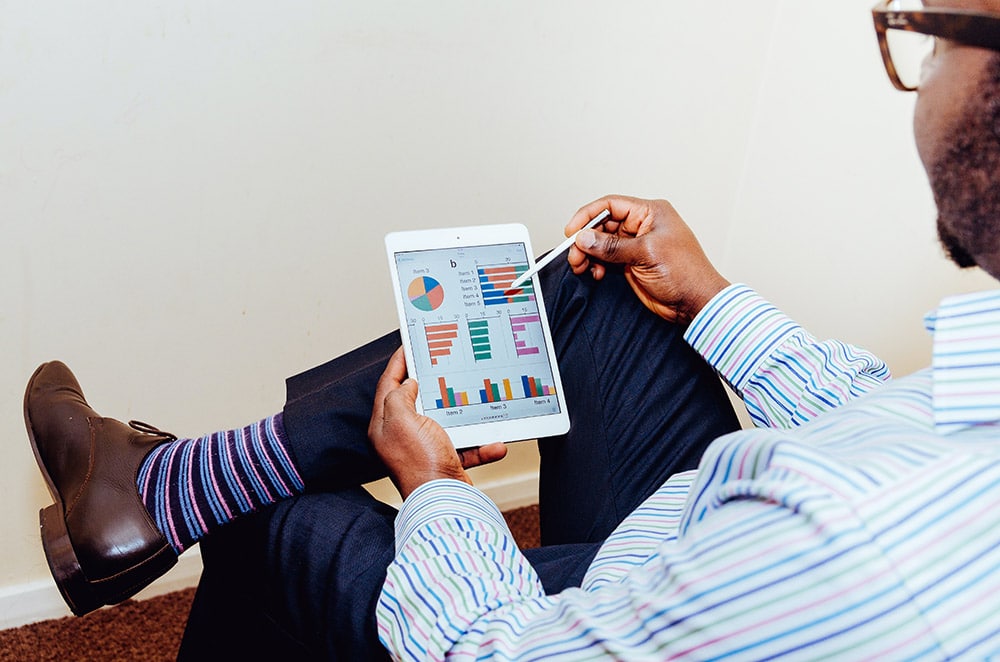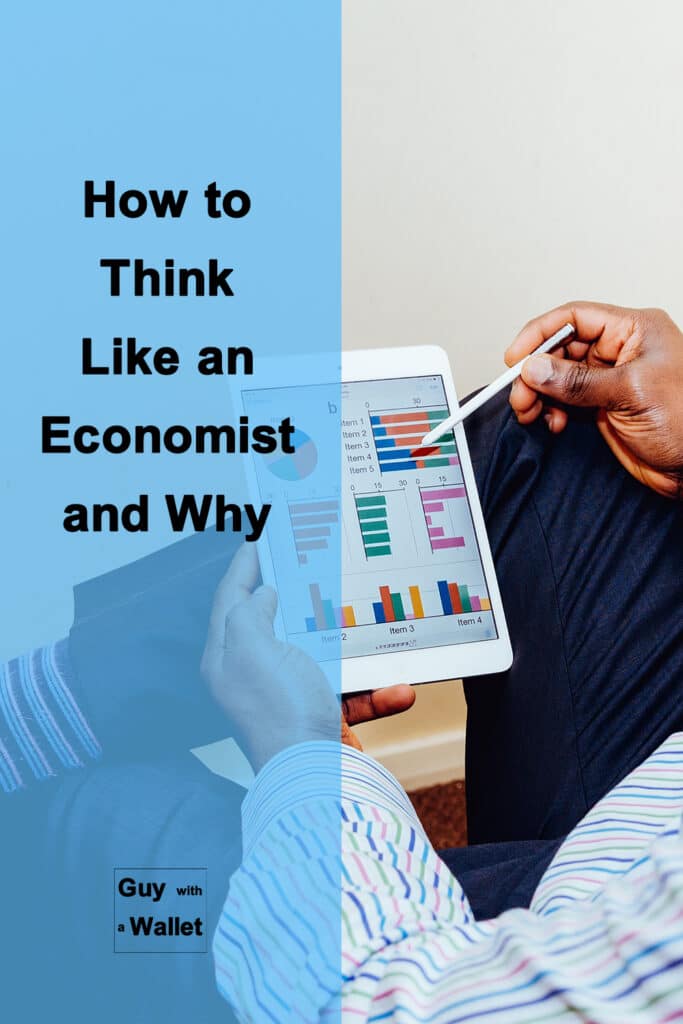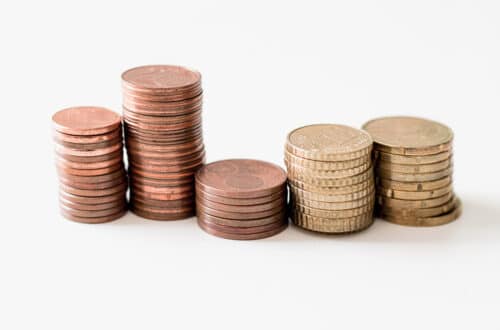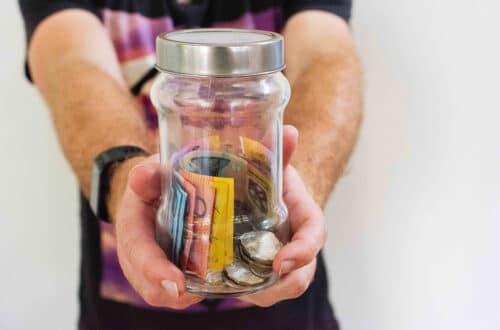
How to Think Like an Economist and Why
George Bernard Shaw once said that “economy is the art of making the most of life”. Some philosophers and many people may disagree, of course. But I don’t think anybody in their right mind will deny that we can all learn some things from the way economists think. So in this post, I’m going to give you a few pointers on how to think like an economist so you can make better decisions in some difficult situations. If you want to understand the everyday life economics a bit better, read on!
1. Always consider the trade-off
Like many other things, politicians have made a mockery of this economic principle by shouting things like “how will you pay for this” at popular legislations or just ignoring it completely when it serves them or their masters. But if you want to think like an economist, you should know that everything you get will have a trade-off. In other words, every gain will be accompanied by a loss and every action has consequences. So you need to balance things out.
Of course this loss doesn’t need to be unbearable or even a big deal. It may even happen in the future and not right now. But you should consider it when making decisions. Because sometimes, getting a good thing will not be so good when you think about what you or others will lose or may lose in the future.
For example, you may not like spending time with your girlfriend or boyfriend’s friends. Now if you don’t show up when they asks you to hang out with their friends, you will gain a few things like not being stressed out and not doing something you don’t like. You may even read a book or binge your favorite tv show and gain more by not doing what your significant other want.
Now if you don’t think about the trade-off and consequences, you will definitely choose these gains instead of being awkward and uncomfortable somewhere you don’t want to be. But what if this sours the whole relationship? What if you do this continually and lose the one you love or at least really like? You may prefer doing something you don’t like because you don’t want the possible trade-offs. Right?
Who knew economics could help you in the romance department too…
2. Think in terms of opportunity cost, not just money
This one is very similar to the first tip but it will help you think in a different way. When you want to decide between buying and not buying a product or service, think of opportunity cost.
What is opportunity cost, you ask? Well, it’s the potential benefit that you will miss out on, when choosing one option instead of the others. You can learn more about this and how it relates to crypto, here.
For example, when you’re considering whether or not you should pay a higher rent to live in a bigger house, you should think about the opportunity cost for you. What happens if you pay this higher rent? What can you do instead?
You’ll probably have to work more hours. Then what? You can’t take that two week vacation that you’ve been dreaming about and planning for months. And? You can also go the gym with the extra time and money if you don’t rent a bigger house.
You can continue this line of questioning until you know what your particular opportunity cost is. In case of the example above, it may be not having enough time to enjoy your new home or being too busy to spend time with your loved ones or not being able to go on your dream vacation or even taking a simple break from work. So is it really worth it to pay this higher rent to get a bigger house?
Some people kind of internalize this approach by thinking about everything’s price in terms of hours they need to work for it instead of dollars. So “this new phone will cost me 10 days of work” instead of “it will cost 1000 bucks”.
3. Be logical and look at the numbers
Economists try to be objective and logical when analyzing an issue or decision. Every decision will be good in some aspects and can be bad in some others. And if you want to think like an economist, you should only trust the numbers and cold hard facts.
So in the mind of an economist, if a decision can help a million people to do better 20 percent in their lives, it’s probably the right decision. Even if it’ll also leave 10 thousand people worse off 40 percent in their lives.
Of course, we humans are not built like this and we will always bring our emotions to the mix. And in the case of personal decisions, I would argue that completely ignoring the emotions and the human side of the decision is also wrong. So this tip is not for every situation.
But when you’re stuck between two options that both have some benefits and some costs, look at the numbers and facts. It’s only in stories and some extreme situations that one option is pure good and one is pure evil. So when you can’t decide between two options that are both good and bad, think like an economist and make it easier on yourself.
4. Believe that people will act out of self interest
From the very first book that kind of started modern economics (The Wealth of Nations by Adam Smith), economists have said that people will act out of self-interest. It follows that if someone wants to make people behave a certain way, he must incentivize that behavior.
If you want to think like an economist, remember this fact when there are financial stakes involved: When you do a deal with someone and money is going to change hands and when you want to partner up with someone to create a business. Whenever money is involved, remember that people will act out of self-interest and be cautious.
If it’s not obvious, don’t do this in non-financial and personal relationships! It will ruin them. It’s just something to remember in monetary relationships.
In your personal relationships though, you can use this tip to find incentives for people so they can do what you want. I know it seems a bit sketchy but if you know a person well-enough, you can find the right incentive for them. And if you can find the right incentive, you can encourage them to do anything! Use this ethically people!
Pin It!

Your turn
What tips and tricks from the science of economics have you used in your life? Comment below and share your thoughts.
If you’ve found this post to be useful, send it to your friends and share it on social media.
***Last Updated on 23 March 2022 by Hamed Derakhshani (Guy with a Wallet)




